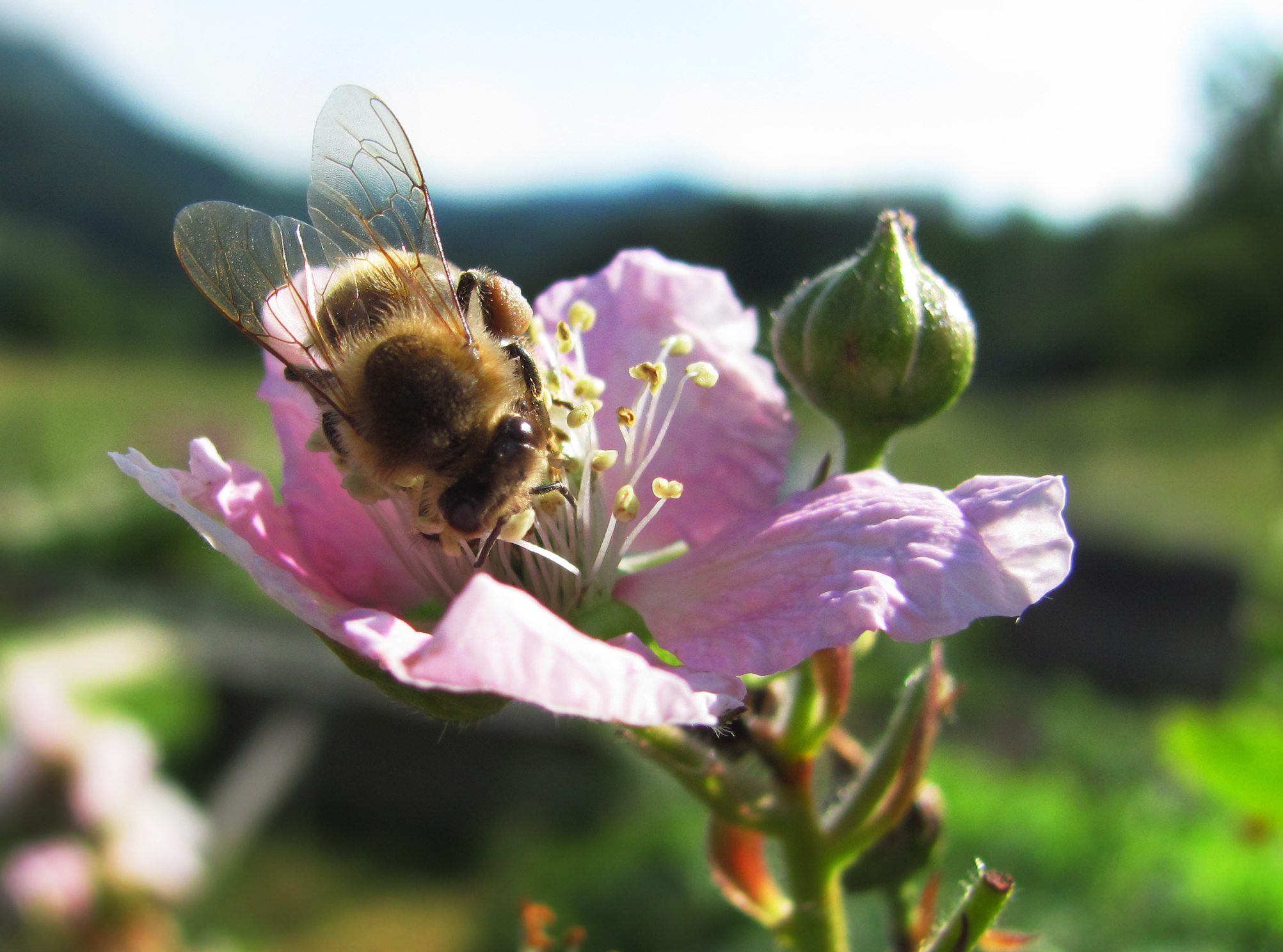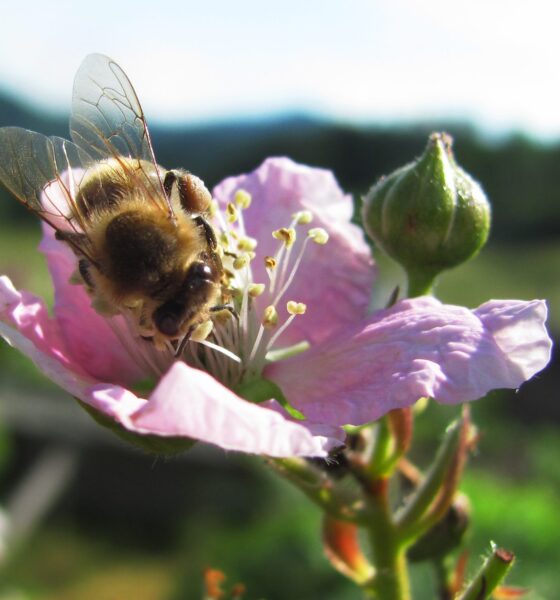

Environment
Neonicotinoids ‘5000 times more toxic’ than DDT for bees
A UK academic at the annual conference of the Soil Association has strengthened the case for the EU-wide ban on neonicotinoid pesticides, revealing mounting evidence of their deadly effects on essential pollinators.
Blue & Green Tomorrow is currently running a crowdfunder to ensure its survival. Please pledge.
Speaking at the event, Dave Goulson of the University of Sussex said the chemicals are 5000 times more toxic than DDT, a pesticide banned decades ago in the UK. He said, “[The toxicity of neonicotinoids] takes your breath away – just five maize seeds treated with neonicotinoids are enough to kill a grey partridge.”
Goulson added there are no doubts over the negative effects neonicotinoids have on important pollinators and the environment, but noted that they can still be purchased in certain garden centres, despite a ban that came into force last December.
He added that the ban should be extended for more than the two years agreed by the EU, and called for further research into the effects of chemicals on waterways and soils.
The conference also explored other issues surrounding sustainable farming and agriculture, such as animal welfare and nutritional value of organic crops.
Helen Browning, Soil Association chief executive said, “The topics covered at this year’s conference highlighted that tackling climate change, the most critical challenge of our time, could also deliver against the other big challenges we face, such as the huge issues in public health, the dramatic declines in biodiversity and depletion of resources like phosphate and soils.
“We must remember that there are many opportunities to make lives healthier and happier, while caring for nature too, and we must continue to work together to give government a mandate to provide joined up frameworks which will ensure people and businesses have the incentives to do the right things.”
Photo: Michaela Kobyakov via freeimages
Further reading:
One in four people happy to spend more on ethical products
Two thirds of scientists advising EU on dangerous chemicals have industry links
Loss of $200bn pollinating services will be harmful, scientists warn
Banned pesticides highly likely to cause bee colony collapse, says Harvard study


 Environment12 months ago
Environment12 months agoAre Polymer Banknotes: an Eco-Friendly Trend or a Groundswell?

 Features11 months ago
Features11 months agoEco-Friendly Cryptocurrencies: Sustainable Investment Choices

 Features12 months ago
Features12 months agoEco-Friendly Crypto Traders Must Find the Right Exchange

 Energy11 months ago
Energy11 months agoThe Growing Role of Solar Panels in Ireland’s Energy Future





























